1. “Pop” (Midwest)
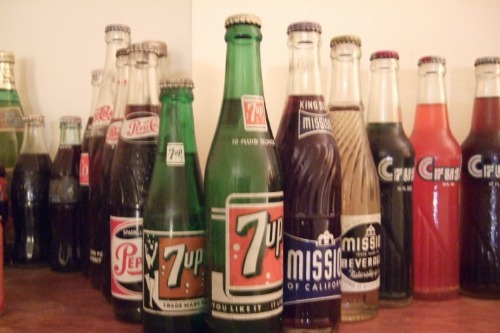
If you ask for a “pop” in most parts of the Midwest, no one will blink an eye—they’ll hand you a fizzy soda without a second thought. But try that in, say, New York or California, and you might get a confused look or even be corrected with a firm “you mean soda?” The term “pop” is so tied to Midwestern identity that outsiders sometimes think you’re talking about your dad or something exploding. It’s one of those tiny quirks that can instantly reveal where you’re from.
The funny thing is, people can get weirdly passionate about this difference. In some Southern states, where everything carbonated is called “Coke,” asking for a “pop” might spark a mini debate. You may even get handed an actual Coca-Cola regardless of what you wanted. It’s a harmless word until you realize you’ve wandered into enemy (or at least rival) linguistic territory.
2. “Bubbler” (Wisconsin / parts of New England)
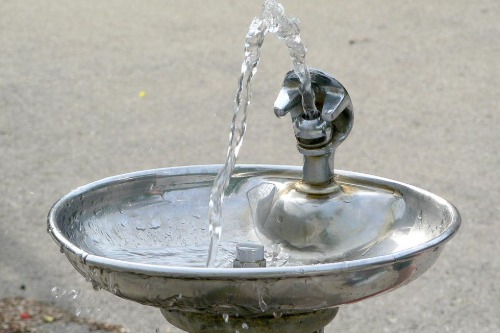
In Wisconsin and parts of Rhode Island, calling a drinking fountain a “bubbler” feels totally normal. But the second you say it anywhere else, you’ll likely be met with raised eyebrows or gentle teasing. In most of the country, it’s just a plain old water fountain, and “bubbler” sounds like a made-up word. You might even get pointed to a Jacuzzi or some weird plumbing fixture instead.
The term comes from early 20th-century brand names, but it stuck in these regions long after. Say it in Chicago or Texas, and people will think you’re trying to be cute or old-fashioned. In fact, some might ask you to repeat yourself just to make sure they heard you right. It’s a tiny reminder of how place shapes language in surprising ways.
3. “Y’all” (South)
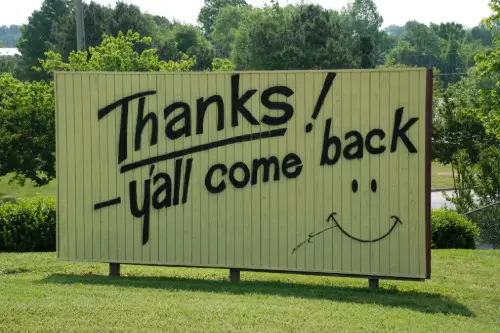
In much of the South, “y’all” is just how you address a group—it’s friendly, efficient, and sounds natural. But drop it in, say, Boston or Seattle, and you risk sounding like you’re doing a bad cowboy impression. People may smile at you, but you might feel like they’re low-key laughing at your expense. And don’t be surprised if someone responds with an exaggerated “Howdy!” just to mess with you.
Of course, “y’all” has started spreading beyond the South, especially online. But in some regions, it still marks you as an outsider or gives your speech an unintended folksy vibe. Even people who love visiting the South might hesitate to say it themselves. It’s one of those phrases that feels at home in certain states and oddly out of place in others.
4. “Wicked” (New England)

In New England, “wicked” is just an intensifier—it means “very,” and it’s a staple of local speech. Say “That’s wicked cool” in Boston, and you’ll fit right in. But try that in Los Angeles or Atlanta, and people might think you’re talking about something evil or channeling your inner witch. The word just doesn’t have the same friendly ring outside of its home turf.
Even folks who know the New England usage might pause when they hear it elsewhere. In many places, “wicked” keeps its original, more sinister meaning. So instead of sounding excited, you might come off as dark or dramatic. It’s a small word with surprisingly regional baggage.
5. “Jeet?” (Philadelphia / Pittsburgh)
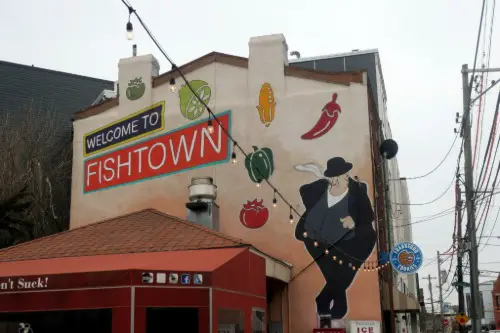
In parts of Pennsylvania, especially Philly and Pittsburgh, “Jeet?” is casual shorthand for “Did you eat?” It’s the kind of thing that rolls off the tongue when you’re chatting with friends or family. But outside the region, it tends to draw blank stares or “huh?” responses. To outsiders, it sounds more like a name or maybe some kind of slang they’re not cool enough to know.
If you try it in, say, Denver or Phoenix, you might find yourself repeating the question the long way. It’s a little bit of regional efficiency that doesn’t quite translate. What feels natural at home can sound like garbled speech elsewhere. And that’s when you realize just how local some language really is.
6. “The City” (Bay Area / New York)
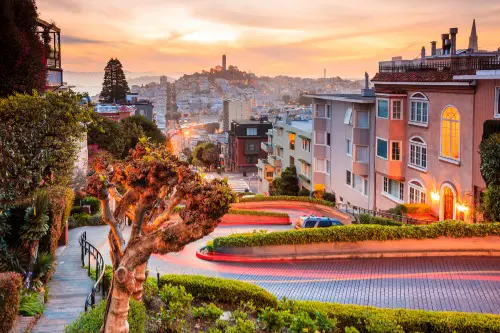
Say “The City” in San Francisco’s Bay Area, and everyone knows you mean San Francisco. But if you say it in New York, there’s no question—you mean Manhattan. Now try that in Chicago or Dallas, and people might stop you mid-sentence to ask, “Which city?” It’s one of those assumptions that only works if you’re surrounded by people who share the same point of reference.
In other parts of the country, “The City” isn’t a given at all. Folks expect you to specify which one you’re talking about. And if you don’t, you risk sounding a little self-important, like your city is obviously the city. It’s a harmless slip that can trip you up fast outside your home region.
7. “Jawn” (Philadelphia)
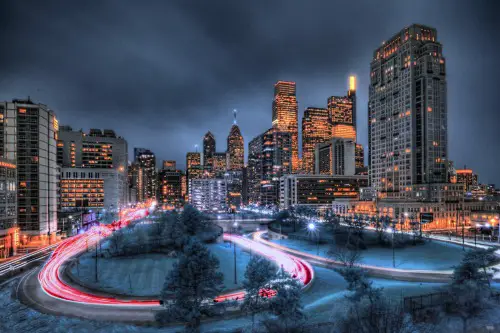
“Jawn” is pure Philly—a catch-all word that can mean just about anything: a thing, a place, a person, whatever. Say it in Philadelphia, and it’s as natural as breathing. But anywhere else, and you’ll probably get some very puzzled looks. It sounds like slang people think they should recognize, but don’t.
Even people who’ve visited Philly might need a refresher when they hear it again. And if you use it too far from home, you might end up explaining it every time. It’s a fun word, but definitely one that signals where you’re from. Outside of Philly, it can turn a simple sentence into a conversation starter—or stopper.
8. “Bless your heart” (South)
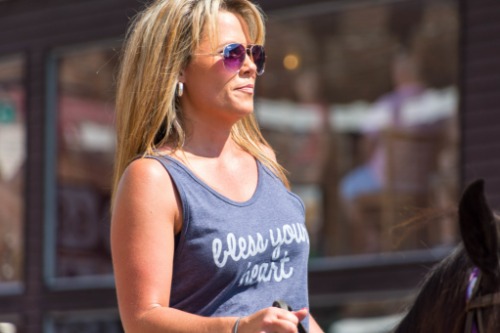
In the South, “bless your heart” can mean a lot of things—it might be genuine sympathy, or it might be a polite way of saying someone’s an idiot. Southerners know how to read the tone and the context. But use it in the wrong state, and people might take it at face value. They may think you’re offering comfort when you’re actually serving up a gentle insult.
Outside of the South, folks aren’t always tuned in to that layered meaning. What sounds sweet can be anything but. And when people figure that out, they might feel duped or confused. It’s a phrase that’s harmless on the surface but packs a regional punch when used skillfully—or accidentally.
This post 8 Regional Phrases That Sound Fine Until You Say Them in the Wrong State was first published on American Charm.


